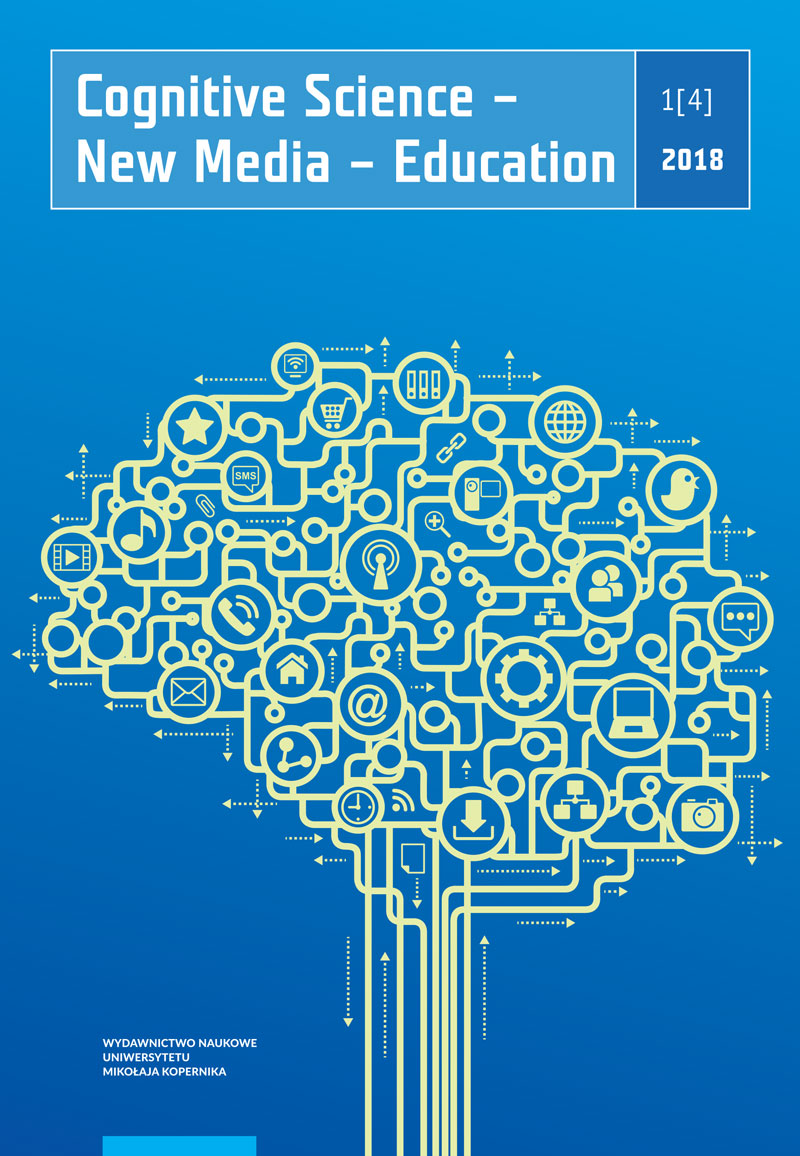The Impact of Using Technology in the Behavior of Children with Special Needs
DOI:
https://doi.org/10.12775/CSNME.2018.004Keywords
technological tools, disability, imitation-modelingAbstract
The influence of television is powerful in creating opinions, in modeling behaviors and in character formation in children with special needs. The purpose of this study is to analyze through a qualitative analysis the impact of technological means such as television on the development and formation of positive and negative behaviors in children with special needs.
References
Braun V., Clarke V. (2006), Using thematic analysis in psychology, “Qualitative Research in Psychology”, 3 (2), pp. 77-101.
Cline V. B., Croft, R. G., Courrier, S. (1973), Desensitization of children to television violence, “Journal of Personality and Social Psychology”, 27, 360–365.
Lemish, D, Rice, M. (1986), Television as a taking picture book: A prop for language acquitsition, “Journal of Child Language”, 13, 251-74.
Landi P., (2009), La pubblicità non è una cosa da bambini, La Scuola, p. 17-18.
Sparks G. G. (2013), Media Effects Research: A Basic Overview, Fourth Edition. By Glenn G. Sparks. Boston, USA: Wadsworth Cengage Learning, p. 43-49.
Naigles R, Mayeux, L. (2001), Television as Incidental Language Teacher, in Singer & Singer. Handbook of Children and the Media, London: Sage.
Wilson B. (2008), Media and children’s aggression, fear and altruism, “Future of Children”, 18(1), 87-118.
Downloads
Published
How to Cite
Issue
Section
Stats
Number of views and downloads: 595
Number of citations: 0



